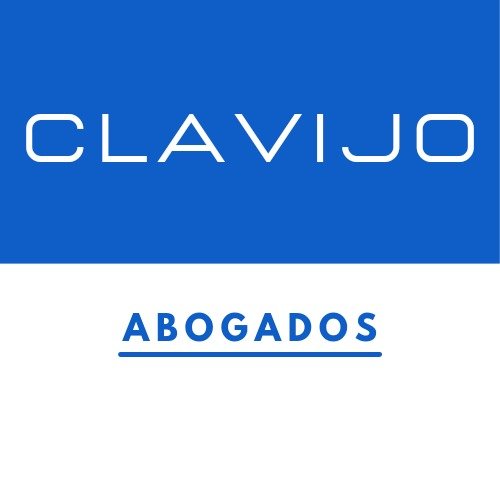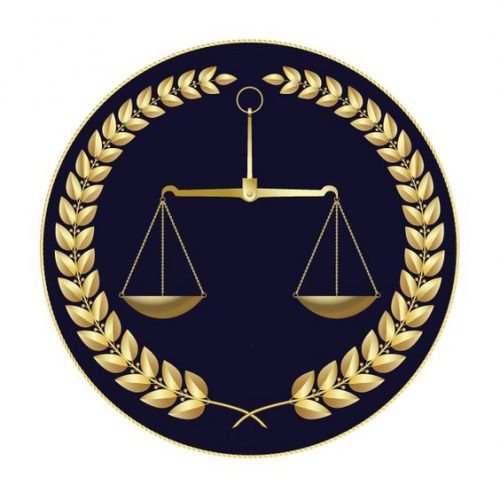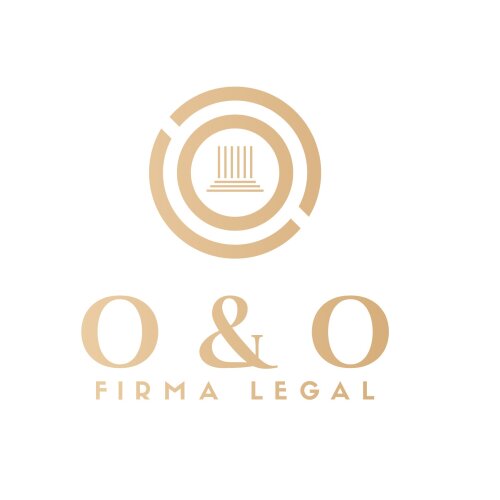Best Ethics and Professional Responsibility Lawyers in Bolivia
Share your needs with us, get contacted by law firms.
Free. Takes 2 min.
Or refine your search by selecting a city:
List of the best lawyers in Bolivia
About Ethics and Professional Responsibility Law in Bolivia
Ethics and Professional Responsibility laws in Bolivia are designed to uphold integrity, accountability, and fairness in professional practices. Professionals are expected to maintain high standards of ethical behavior to ensure confidence and trust in their respective fields. These laws cover a broad range of professions, including legal, medical, engineering, and business sectors, among others. The goal is to protect public interest and ensure that professionals perform their duties with integrity and respect for legal standards.
Why You May Need a Lawyer
There are several situations where you might require the expertise of a lawyer specializing in Ethics and Professional Responsibility in Bolivia. Some common scenarios include:
- If you are a professional facing allegations of ethical misconduct or disciplinary actions.
- If you need advice on ensuring your business or professional practices comply with existing ethical standards.
- If you are a client or consumer who has been affected by a professional’s unethical behavior.
- If you are drafting or revising a code of ethics for a professional organization.
- If there is a need to navigate complex regulations regarding professional conduct in Bolivia.
Local Laws Overview
In Bolivia, Ethics and Professional Responsibility are codified under various laws and regulatory bodies that oversee different professions. Key aspects include:
- The Bolivian Constitution, which stresses fundamental rights and duties that influence professional standards.
- Specific codes of conduct established by professional associations, such as the Colegio de Abogados for lawyers.
- Regulatory bodies that oversee compliance and handle violations, such as ethics committees within professional organizations.
- Legislation like the General Law of Labor, which outlines ethical practices within employment frameworks.
- Anti-corruption laws that also influence ethical standards in professions involving public and private sector interactions.
Frequently Asked Questions
What are the consequences of violating professional ethics in Bolivia?
Consequences can range from reprimands to suspension or revocation of professional licenses, legal actions, and financial penalties, depending on the severity of the violation.
Who oversees the enforcement of professional ethics in Bolivia?
Enforcement is generally managed by regulatory bodies related to each profession, such as the Colegio de Abogados for legal practitioners, and professional organizations that have established codes of conduct.
Are there ethical guidelines for professions not formally regulated in Bolivia?
While not all professions are formally regulated, most professional sectors have established voluntary codes of ethics to guide practitioners.
Can I file a complaint against a professional for unethical conduct?
Yes, complaints can typically be filed with the relevant professional regulatory body or ethics committee associated with the profession in question.
What should I do if I’m accused of professional misconduct?
Consider consulting with a legal expert in professional ethics to understand your rights, build a defense, and navigate any legal or disciplinary proceedings.
How are ethical standards developed in Bolivia?
Ethical standards are often developed through collaboration between professional associations, legal statutes, and regulatory bodies, typically influenced by both local needs and international best practices.
Are professional ethics laws the same across all regions in Bolivia?
While overarching national laws apply, there may be regional variations in specific expectations or enforcement mechanisms due to local regulations.
What role do ethics play in Bolivian labor laws?
Ethics in labor laws ensure fair treatment, non-discrimination, and balanced power dynamics between employers and employees, fostering a just work environment.
Can employers enforce their own ethical guidelines in Bolivia?
Yes, employers can enforce ethical guidelines, provided they comply with national laws and do not infringe on legal rights of employees.
Is there legal protection for whistleblowers in Bolivia?
Whistleblower protection exists in the form of anti-corruption legislation, which safeguards individuals who report unethical or illegal activities.
Additional Resources
For those seeking further information or legal assistance in Ethics and Professional Responsibility in Bolivia, consider exploring the following resources:
- The Colegio de Abogados, which provides guidelines and support for legal professionals.
- Local chambers of commerce or trade associations for industry-specific ethical codes and resources.
- Governmental bodies such as the Ministry of Justice for information on national regulations and legal rights.
- Non-governmental organizations focused on transparency and ethics in professional settings.
Next Steps
If you require legal assistance in Ethics and Professional Responsibility in Bolivia, consider the following steps:
- Identify the specific nature of the ethical or professional responsibility issue you are facing.
- Consult with a lawyer who specializes in the relevant area of professional ethics to understand your rights and obligations.
- Gather any pertinent documentation or evidence related to the issue for your legal consultation.
- Seek advice from recognized professional associations or regulatory bodies tied to your profession for guidance.
- Remain informed about your legal rights and duties to ensure you are protected and compliant with ethical standards.
Lawzana helps you find the best lawyers and law firms in Bolivia through a curated and pre-screened list of qualified legal professionals. Our platform offers rankings and detailed profiles of attorneys and law firms, allowing you to compare based on practice areas, including Ethics and Professional Responsibility, experience, and client feedback.
Each profile includes a description of the firm's areas of practice, client reviews, team members and partners, year of establishment, spoken languages, office locations, contact information, social media presence, and any published articles or resources. Most firms on our platform speak English and are experienced in both local and international legal matters.
Get a quote from top-rated law firms in Bolivia — quickly, securely, and without unnecessary hassle.
Disclaimer:
The information provided on this page is for general informational purposes only and does not constitute legal advice. While we strive to ensure the accuracy and relevance of the content, legal information may change over time, and interpretations of the law can vary. You should always consult with a qualified legal professional for advice specific to your situation.
We disclaim all liability for actions taken or not taken based on the content of this page. If you believe any information is incorrect or outdated, please contact us, and we will review and update it where appropriate.
Browse ethics and professional responsibility law firms by city in Bolivia
Refine your search by selecting a city.














